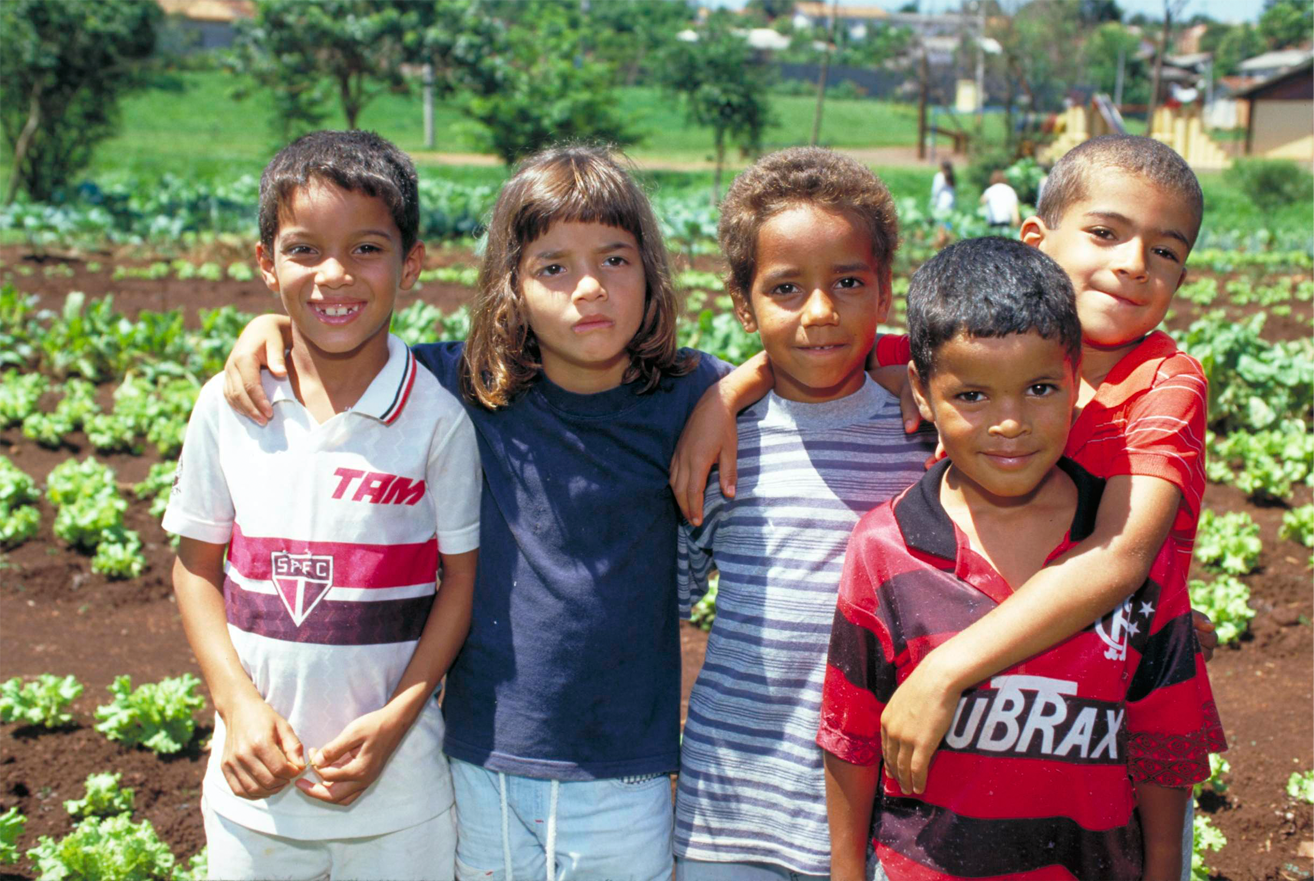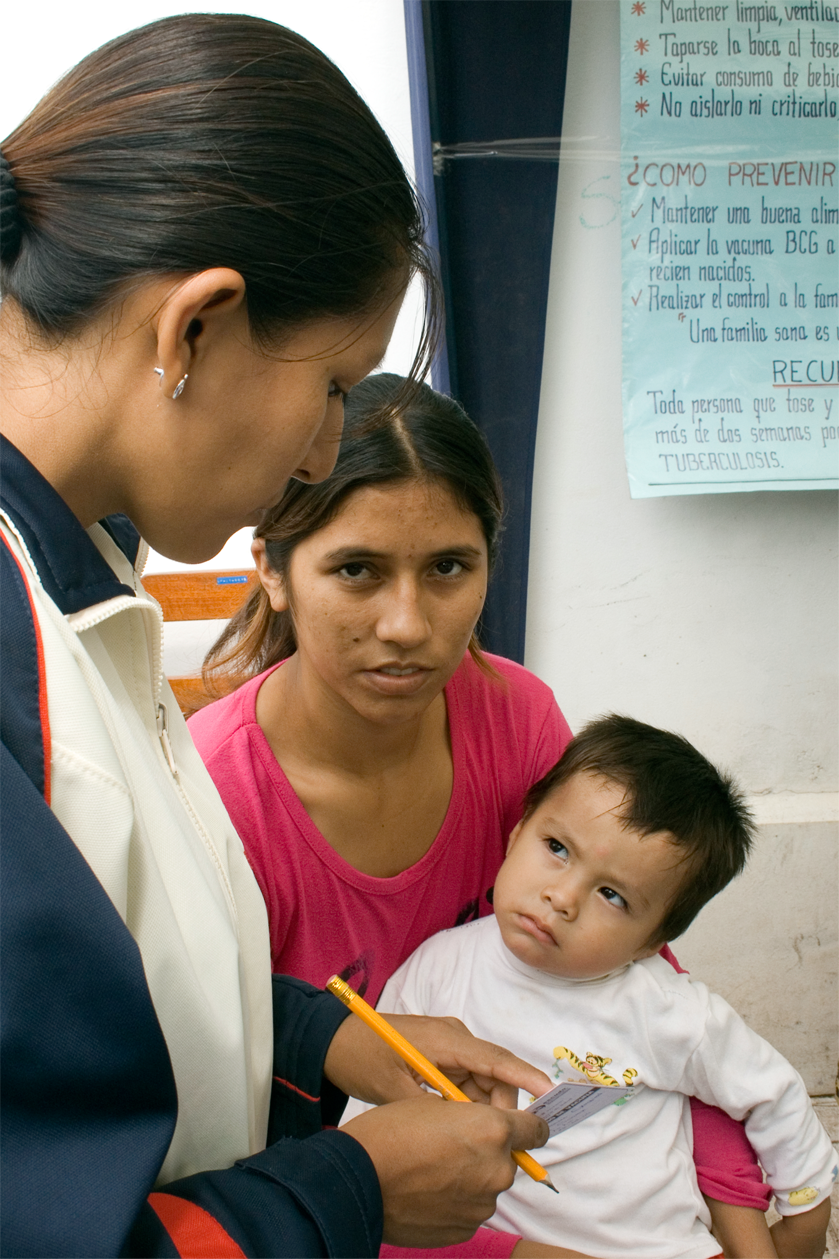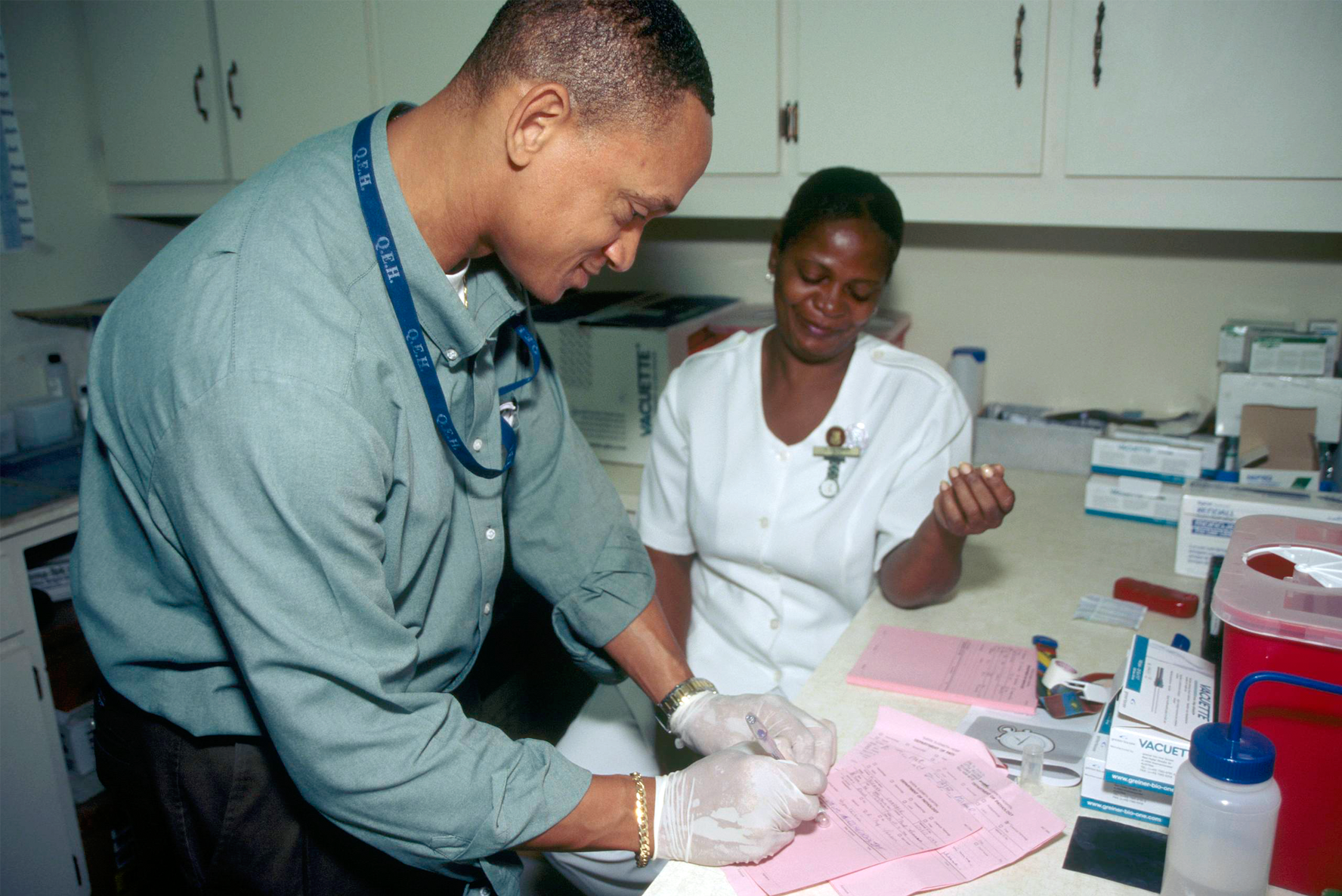Chapters I through IV of this report illustrate both the growing commitment to primary health care renewal in Latin America and the Caribbean and concrete progress by PAHO and its Member States in implementing the approach.
But the challenge of achieving “Health for All” will not be met easily or soon. Many countries in the Region still do not have broad health protection schemes, and significant numbers of people-some 125 million regionwide-continue to lack access to basic health services. Countries that do have health protection schemes are struggling to expand them to cover more people and more conditions and to finance these schemes in ways that are both sustainable and equitable. For all the countries, the work of reorganizing health systems to overcome fragmentation and segmentation and improve quality, efficiency, and equity is an ongoing challenge.

Some countries also face the special challenge of recovering lost ground. Some countries that made real progress in primary health care in past decades have neglected the referral systems and back-up needs of their primary-level services to such an extent that patients now face waiting lists of several months or even years to receive certain types of care. Others have fallen back into the overmedicalization of health services and an undervaluation of the role of nurses, medical technicians, community health workers, nutritionists, midwives, social workers and of the importance of individuals, their families, and communities protecting and promoting their own health.
A related problem is an overemphasis on the latest equipment and technology when less expensive alternatives might be equally adequate and even better in terms of ensuring the financial sustainability of health services. Equally important is the problem of excessive spending on second- and third-level care not articulated with, or at the expense of, first-level care and efforts to implement the primary health care strategy throughout all levels of the health care system.
These inherently difficult challenges have been made more urgent and more taxing by the global economic crisis, which is threatening health and other development gains throughout the Region. During 2008, increasing food and fuel prices and declining remittances had already increased poverty and food insecurity in a number of PAHO Member States. By mid-2009, in the midst of the global economic downturn, the U.N. Economic Commission for Latin America and the Caribbean (ECLAC) was predicting a 1.7 percent decline in GDP in the Region for 2009, producing a drop in per capita income for the first time in nearly a decade.
 Absent mitigating measures, these trends could impact heavily on health. A decline in personal income and increasing unemployment will mean growing numbers of vulnerable people as well as lower individual contributions to social security systems and reduced enrollment in public and private health insurance plans. This in turn is likely to induce more people to utilize free public services and those provided by voluntary (including faith-based and charity) organizations, which are already overburdened. It may also lead people to delay seeking health care and reduce compliance with medication and diet, increasing the risk of complications and producing catastrophic health expenses that can push entire families into poverty.
Absent mitigating measures, these trends could impact heavily on health. A decline in personal income and increasing unemployment will mean growing numbers of vulnerable people as well as lower individual contributions to social security systems and reduced enrollment in public and private health insurance plans. This in turn is likely to induce more people to utilize free public services and those provided by voluntary (including faith-based and charity) organizations, which are already overburdened. It may also lead people to delay seeking health care and reduce compliance with medication and diet, increasing the risk of complications and producing catastrophic health expenses that can push entire families into poverty.
For governments, the global downturn has already affected overall economic activity and lowered export prices, resulting in reduced government revenues. If the Region’s historic pattern of procyclical public spending holds, government funding for health will drop below the average 3.4 percent of GDP experienced during the past five years, a figure that was already lower than average spending in countries with broad social protection in health. While some of the Region’s countries are now developing anticyclical fiscal policies to mitigate the impact of the crisis, most of these policies focus on employment generation and infrastructure investments rather than social or health spending. Indeed, countries that have already made cuts in public spending have reduced their health sector spending disproportionately.
Despite these trends, the global economic crisis also presents an opportunity to promote the new vision of primary health care as a way of safeguarding health gains while increasing efficiency in health systems and lowering overall health care costs. Toward this end, PAHO’s Strategic Plan 2008–2012 (amended) incorporates primary health care as the guiding strategy for health systems organization and management, adolescent health, family and community health, and pharmaceutical services, and as a central focus of technical cooperation in disease prevention and control, human resources development, and extension of social protection. The approach has also been identified as a “cross-cutting priority” for mainstreaming into PAHO’s Biennial Work Plan for 2010–2011, planning guidelines, strategies, and special courses made available to help PAHO staff incorporate the approach into their work.
For PAHO Member States, the PAHO Strategic Plan 2008–2012 identifies a number of near-term challenges for the implementation of the renewed vision of primary health care. These include:
PAHO’s technical cooperation for 2009–2012 focuses in large measure on supporting country efforts to meet these challenges. In addition to the tools and strategies detailed in the Strategic Plan 2008–2012, PAHO is spearheading other initiatives to support the renewal of primary health care. Among the most important is the new regional policy on integrated health services delivery networks (IHSDN, see Chapter V), which is being presented to the 49th Directing Council for adoption as a common strategy to improve health services by creating economies of scale, reducing duplication of efforts, encouraging cooperation and responsibility among providers, sharing expenses and investments, and improving the management of risk factors.
Other initiatives include a virtual course “Developing Capacities for the Renewal of Primary Health Care,” available on the Virtual Campus in Public Health, and a new Regional Thematic Network for Primary Health Care, which will promote the dissemination of best practices.

In addition, PAHO is developing a series of publications with guidelines and strategies for the implementation of primary health care. The series includes the PAHO/WHO position paper Renewing Primary Health Care in the Americas as well as Strategies for the Development of Primary Health Care Teams and Medical Training Oriented toward Primary Health Care (La Formación en medicina orientada hacia la atención primaria de salud, currently available only in Spanish). A third publication, Integrated Delivery Networks, will incorporate feedback from the 49th Directing Council and is expected to be published in early 2010.
These initiatives come at a critical but opportune time for the Americas. While the Region faces serious economic, political, and social challenges, it also enjoys a nearly universal consensus that the highest attainable level of health is an inalienable human right and a necessary condition for economic and social development. In accords ranging from the Health Agenda for the Americas to the Declaration of Montevideo, the Iquique Consensus of the 9th Ibero-American Conference of Ministers of Health, the constitution of the South American Health Council (UNASUR-SALUD), and the Declaration of Commitment of Port of Spain (Fifth Summit of the Americas), governments throughout the Region have acknowledged their responsibility for guaranteeing the right to health and their conviction that primary health care–based systems are the best way to realize that right.
In this context, the renewal of primary health care is needed “now more than ever” throughout the Americas. Through its technical cooperation programs and advocacy efforts, PAHO will continue to support this process to ensure that the vision of “Health for All” becomes a reality throughout its Member States.